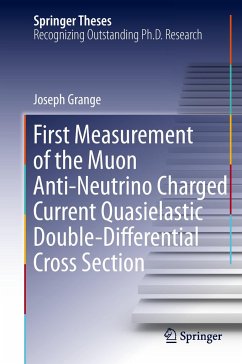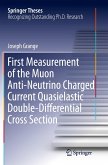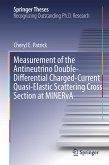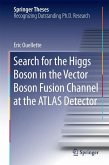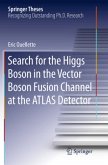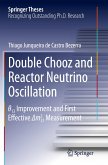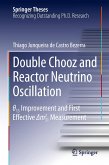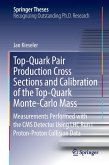This book presents a major step forward in experimentally understanding the behavior of muon neutrinos and antineutrinos. Apart from providing the world's first measurement of these interactions in a mostly unexplored energy region, the data presented advances the neutrino community's preparedness to search for an asymmetry between matter and anti-matter that may very well provide the physical mechanism for the existence of our universe.
The details of these measurements are preceded by brief summaries of the history of the neutrino, the phenomenon of neutrino oscillations, and a description of their interactions. Also provided are details of the experimental setup for the measurements and the muon antineutrino cross-section measurement which motivates the need for dedicated in situ background constraints.
The world's first measurement of the neutrino component of an antineutrino beam using a non-magnetized detector, as well as other crucial background constraints, are also presented in the book. By exploiting correlated systematic uncertainties, combined measurements of the muon neutrino and antineutrino cross sections described in the book maximize the precision of the extracted information from both results.
The details of these measurements are preceded by brief summaries of the history of the neutrino, the phenomenon of neutrino oscillations, and a description of their interactions. Also provided are details of the experimental setup for the measurements and the muon antineutrino cross-section measurement which motivates the need for dedicated in situ background constraints.
The world's first measurement of the neutrino component of an antineutrino beam using a non-magnetized detector, as well as other crucial background constraints, are also presented in the book. By exploiting correlated systematic uncertainties, combined measurements of the muon neutrino and antineutrino cross sections described in the book maximize the precision of the extracted information from both results.

